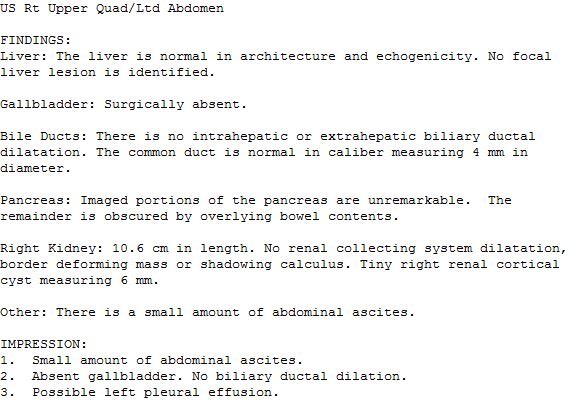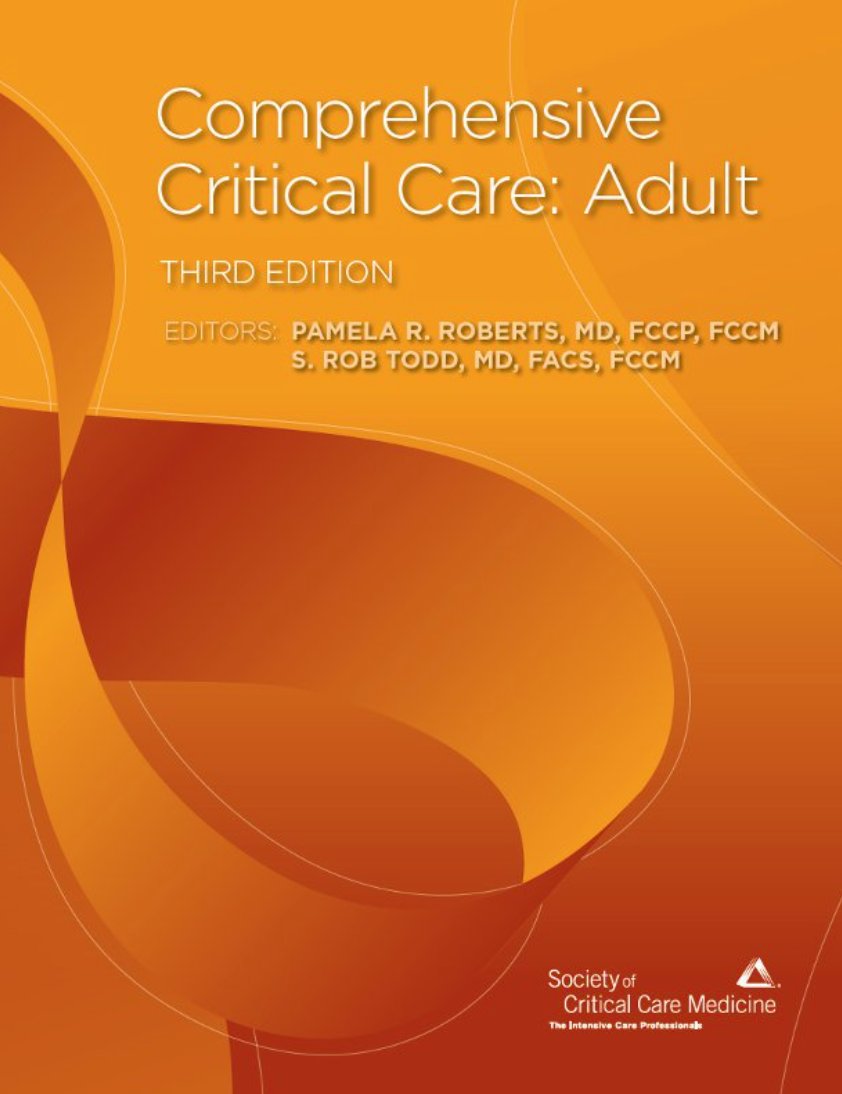
Nice paper on cardiorenal syndrome (CJASN; 2023. doi: doi.org/10.2215/CJN.00…)
Proposed pathophysiological pathways leading to the cardiorenal syndrome and its complications
Proposed pathophysiological pathways leading to the cardiorenal syndrome and its complications

"The inciting event is usually an acute decompensation of heart failure. This may lead to either arterial underfilling or venous congestion as mediators that promote neurohormonal activity, inflammation, & endothelial dysfunction. In combination, these pathways lead to ⬇️ in GFR.
Complications include Na avidity and fluid retention, reduced kidney clearance, and endocrine function, all of which further perpetuate the pathophysiology".
• • •
Missing some Tweet in this thread? You can try to
force a refresh











